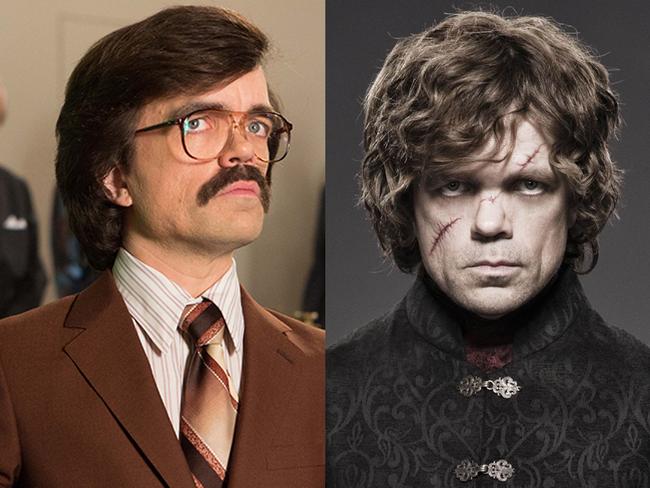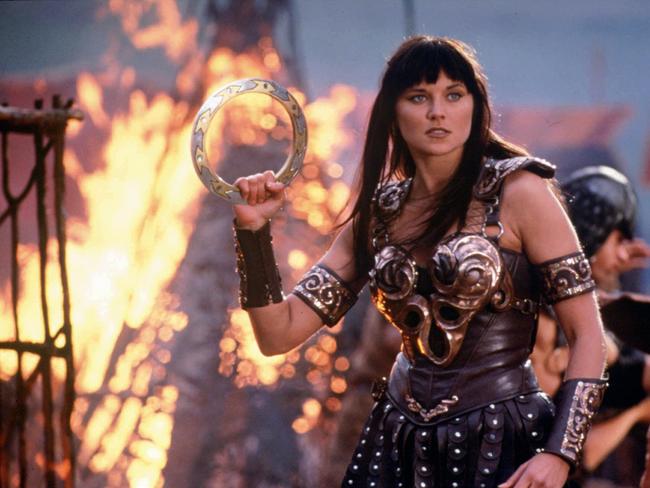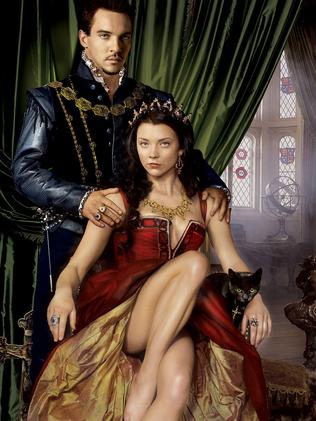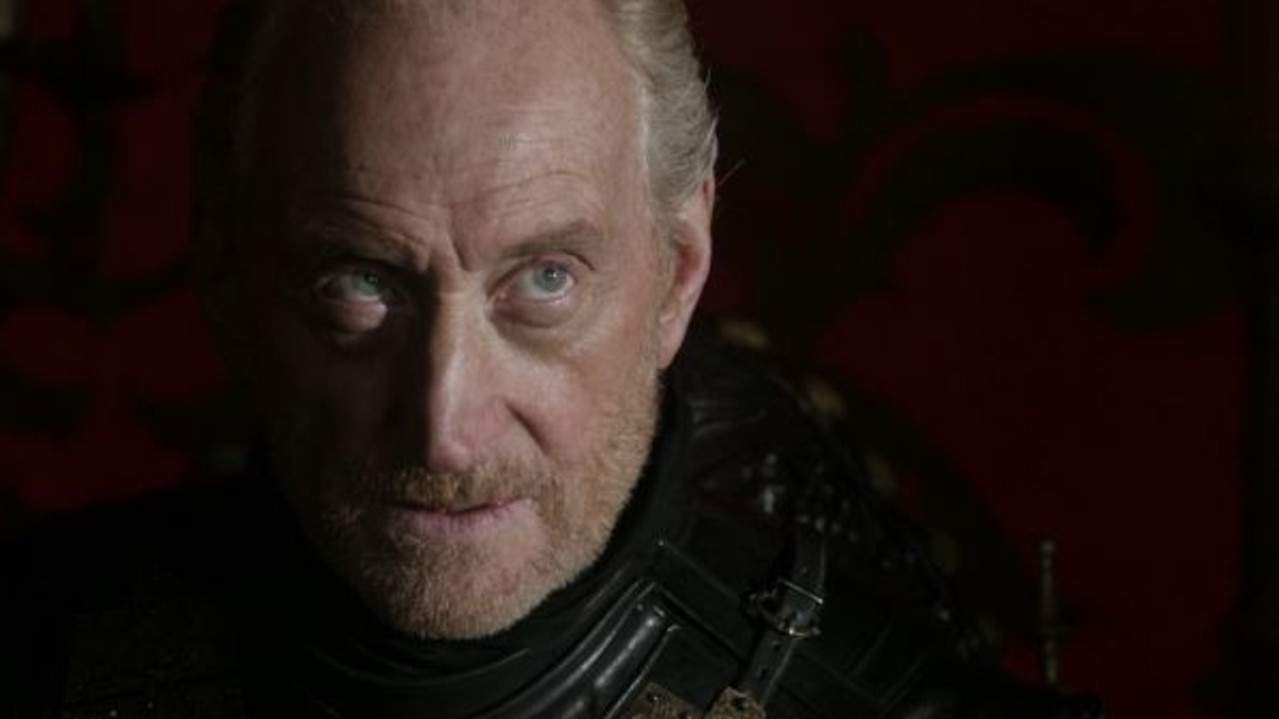TV anchors who don’t watch Game of Thrones struggle to explain the show
NOT everyone gets Game of Thrones. Two TV anchors have hilariously captured the confusion felt by people who have never watched the series.
IT’S the surprise sensation that has captured the imaginations of all (adult) ages — but the concept of a gritty fantasy TV show like Game of Thrones just doesn’t sit well with some.
What place do wizards, witches, dragons and elves have anywhere other than Saturday morning kids television?
Even for fantasy fiction connoisseurs, the success of Game of Thrones is sometimes difficult to fathom. Sho what chance to talk-show hosts have?
ALTERNATE REALITY: When science plays a Game of Thrones
US morning television’s MSNBC anchor team Thomas Roberts and Mika Brzezinski make a confused case-in-point:
Her: “What is this show?”
Him: “I don’t know …”
Her: “People watch it, right? I don’t get it.”
Him: “I think there’s a lot of little … they’re like, gnomes and elves and people with spikes coming out of the sides of their face … I don’t know. Everybody watches this.”
Her: “Is this like Hobbit or um …. I don’t get it? It just doesn’t work.”
They are so missing out.
It does work — more so than almost anything else on television.
Where Game of Thrones succeeds is that it is actually more “real” than most of what we are served up.
The politics. The brutality. The complex — and messy — human relationships. All have deep and direct roots in the history that has shaped our world. And perhaps we can even relate — a little.

Even the “gnome” is actually a very real human. The character Tyrion Lannister being faces the same prejudices and challenges — with a medieval twist — as the actor Peter Dinklage no doubt does in modern society as a person born with abnormal growth syndrome, otherwise known as drawfism.
Yes, understanding its success can be a challenge. Historically, the only other fantasy TV series to show any real level of success was Xena: Warrior Princess.

But, as anybody who watches Game of Thrones will tell you, the scarcely-seen dragons and the tantalising hints of something mystical barely have any presence. This actually adds to its power.
HORRIBLE HISTORY: The brutal reality behind Game of Thrones

Yes, Game of Thrones contains traces of magic and ice-zombies.
But its true lineage is far closer to that of the highly successful recent historical drama The Tudors than Lord of the Rings.
It is also built on the back of a string of promising — but failed shows, such the historical drama Rome, the dark and complex Carnivale and even the insidious A merican Gothic.
All owe fealty to the surprising success in the 1970s of the budget BBC historical drama, I Claudius.
It succeeds because it appeals to a broad audience: Those who like mystery, those who like intrigue, those who like violence, those who like sex and politics …
It’s a message to all modern television scriptwriters and producers:
Who dares, wins.




